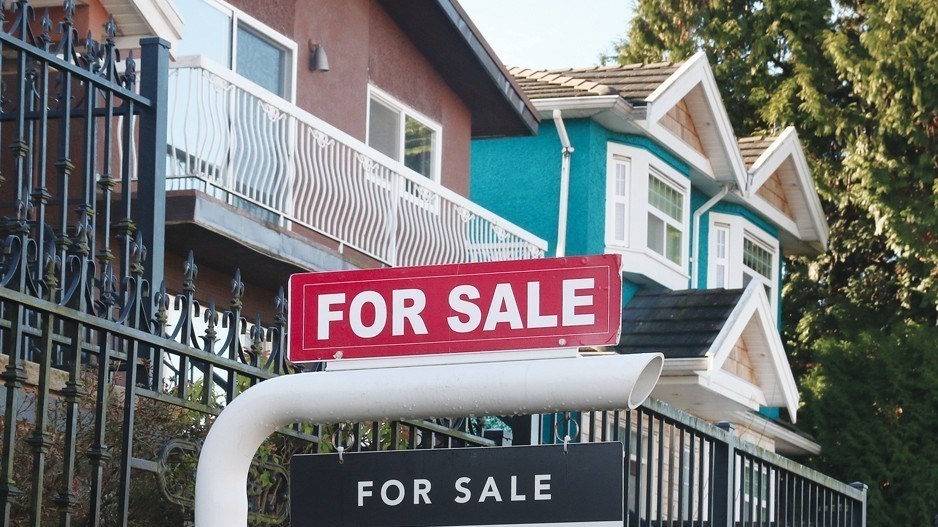It cost more than $600 million of tax pay dollars to reach the same outcome, another Liberal minority federal government. I can think of a few better places to spend $600 million, affordable housing supply being one of them. Nonetheless, what's done is done, and we now have some clarity on the direction of government and how they plan to address housing in the years ahead.
Here's a summary of the housing plan the Liberals campaigned on:
• Ban foreign money from purchasing a non-recreational, residential property in Canada for the next two years, unless this purchase is confirmed to be for future employment or immigration in the next two years;
• Introduce a new Rent-to-Own program, provide $1 billion in loans and grants to develop and scale up rent-to-own projects;
• Establish an anti-flipping tax on residential properties, requiring properties to be held for at least 12 months;
• Reduce the price charged by the Canadian Mortgage and Housing Corp. (CMHC) on mortgage insurance by 25 per cent. For a typical person, this will save $6,100;
increase the insured mortgage cut-off from $1 million to $1.25 million, and index this to inflation;
• invest $4 billion in a Housing Accelerator Fund which will grow the annual housing supply in the country’s largest cities every year, creating a target of 100,000 new, middle-class homes by 2024-25. This application-based fund will offer support to municipalities that grow housing supply faster than their historical average, reduce approval times, help establish inclusionary zoning bylaws, and encourage transit-oriented development;
• Banning blind bidding, which prevents bidders from knowing the bids of other prospective buyers;
• Permanently increase funding to the National Housing Co-Investment fund by a total of $2.7 billion over four years, more than double its current allocation. These extra funds will be dedicated to helping affordable housing providers.
Let's discuss.
Firstly, the outright ban of foreign ownership for the next two years is a politically popular move, however it has proven to be largely ineffective at making housing more affordable.
Foreign buyer taxes are already in place in Ontario and BC and prices continue to reach all-time highs. Foreign buyer bans also exist in Australia and New Zealand, two countries that continue to struggle with a housing crisis. Foreign money has definitely influenced the Canadian housing market, but the foreign money is usually already a Canadian citizen or permanent resident, making it nearly impossible to actually tax.
The rent-to-own program lacks any details and will require private landlords/ developers to play ball. Will they want to? My guess is this program never sees the light of day.
An anti-flipping tax won't bring increased housing affordability. House flipping is a dirty word but is already subject to heavy taxation, and as a total percentage of house sales makes up less than 5 per cent. Any housing flipping done on a regular basis, and on a more professional level is done through a corporation and generally taxed as business income. In other words, a ban on house flipping will likely target Mom & Pop investors who are not incorporated and who make up an insignificant segment of the market.
The Liberals have proposed to lower CMHC premiums and want to increase the mortgage cut-off from $1 million to $1.25 million. This is a huge demand side boost and will only serve to inflate house prices. I suspect the government is not dumb enough to make these changes during a raging bull market, and will likely wait until the market slumps in order to make these counter-cyclical changes.
The $4 billion housing accelerator fund remains the best policy introduced in my opinion. The greatest challenge for new housing supply is getting through municipality roadblocks. Remember it still takes, on average, three years to get a typical condo project approved in Vancouver. Perhaps a bribe from the federal government will be enough to speed things up.
Blind bidding is another vague policy proposal. Real estate services are regulated on a provincial level, not a federal level. My conversations at the provincial level suggest there is no real desire to change the existing bidding process. Don't expect anything to change.
Lastly, a much needed increase to the national co-housing investment fund. These funds are used to partner with not for profit organizations that use government funds to construct new homes and revitalize existing affordable housing stock.
- Steve Saretsky is a Vancouver Realtor and author behind one of Vancouver’s most popular Real Estate Blogs, the Saretsky Report, which is read by over 7,000 subscribers.



